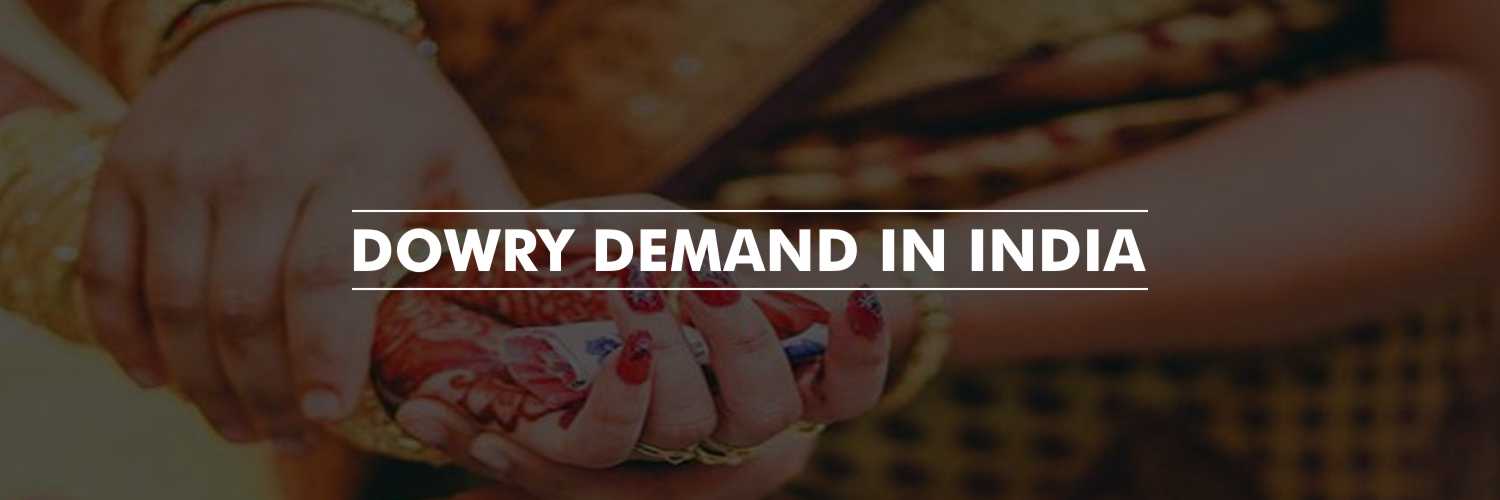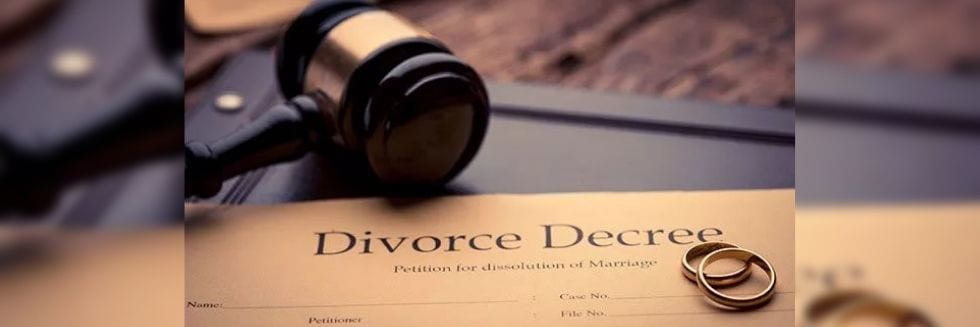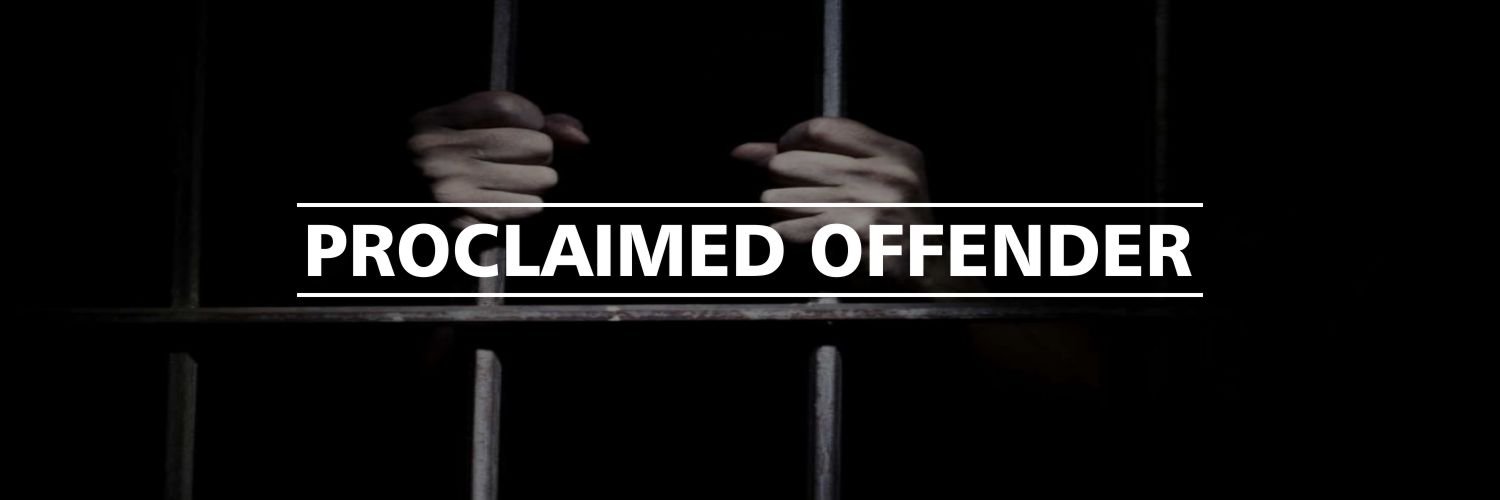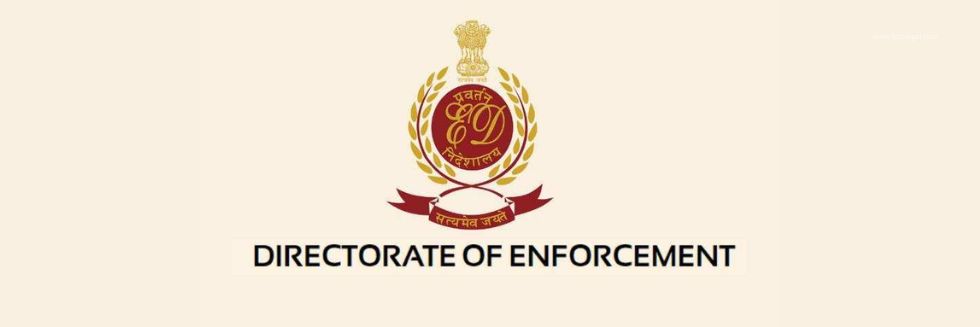In India, the demand of dowry is a curse which is practiced for decades by society. It is a social evil in which the family of husband demands dowry from the bride’s family which could be in the form of money or property at the time of marriage and sometimes it is demanded even after the marriage. The husband and his family members torture and harass the bride for the sake of dowry which is a shame for us as a part of the society. Moreover, women who get insulted, sometimes commit suicide and the crime statistics for dowry death cases in India have also upsurged. This crime of dowry must be eradicated from society as soon as possible.
Main causes behind Dowry Demand in India
- Social factor: In our society, the bridegroom’s family is considered superior to the bride’s family and all the demands which are raised by the groom’s family in the form of dowry need to be fulfilled by the bride’s family to maintain their social status.
- Religious factor: India is a secular country where too many religions are followed by the people and every religion has it’s own customs and beliefs. Depending upon the customs and beliefs of their religion, people demand dowry which is to be given by the bride’s family.
- Illiteracy: In our country, education for women is poor due to the backward thinking of the society, hence women are financially dependent on their family which is a major reason for the demand of the dowry.
Laws against Dowry in India
Indian law is strictly against the demand of dowry and there are certain anti-dowry laws in India that are enacted to eradicate this evil from our country.
1. Dowry Prohibition Act, 1961: The first-ever law made by Indian legislation against the dowry-related cases was the Dowry Protection Act, 1961 initially which is passed in some states. This act states that the one who gives or takes dowry is punishable under Indian law. Moreover, one who abets to give or take dowry is also guilty under this act. This act provides punishment of a minimum five years of jail and a fine of Rs.15000/- or to the amount of the dowry received whichever is higher to them who found guilty. In dowry cases, the burden of proof lies on the accused party and not on the victim party. An agreement that is related to dowry is void ab initio.
2. Indian Penal Code, 1860: Section 304B of Indian Penal Code,1860 states that dowry is a criminal offense which includes the punishment of a minimum of 7 years of jail and the maximum limit is life imprisonment. If it is found that the death of the women is happened due to the burn or any bodily injury within 7 years of their marriage and there is a proof of cruelty and harassment by the family before her death then the husband and his family are liable for the death of that woman.
The law also protects women from cruelty and harassment under section 498A of the Indian Penal Code which is added in 1983 by the amendment, but if someone only demand for dowry and not being cruel to the bride then, in that case, he is liable only for dowry demand and not for cruelty. But unfortunately, some females with a wicked mentality has started using this legal remedy as a weapon instead of using it against any kind of cruelty. Therefore a dire need to aware of the public and some strict laws regarding the use and misuse of Section 498A of IPC.
CASE LAW: Amar Singh v. the State of Rajasthan,2010, In this case, it was held by the honorable Supreme court that just demanding dowry is not a case of cruelty against any women.
3. Protection of Women from Domestic Violence Act, 2005: This act is enacted just to protect women from domestic violence. The main purpose of this act is to provide civil law remedy to the victims of cruelty or harassment which could be physically, mentally, emotionally or sexually.
Misuse of The Dowry Protection Act in India
An increasing number of acquittals and decreasing figure of convictions is highlighting the ugly reality of false dowry cases in India. As we all know that everything has its pros and cons and so with the case of this law. Accused is immediately arrested by the police and investigation is done afterward. This is a Non-bailable offense due to which the husband and his family imprisoned till the case is not decided. In so many cases it observed by the judiciary that the case is falsely represented by the victim and the accused is not found guilty in the same. Misuse of 498a has led to the biggest confusion that whether Section 498a is bane or boon. Because ignominies of false dowry complaints have led to the death of many innocents.








